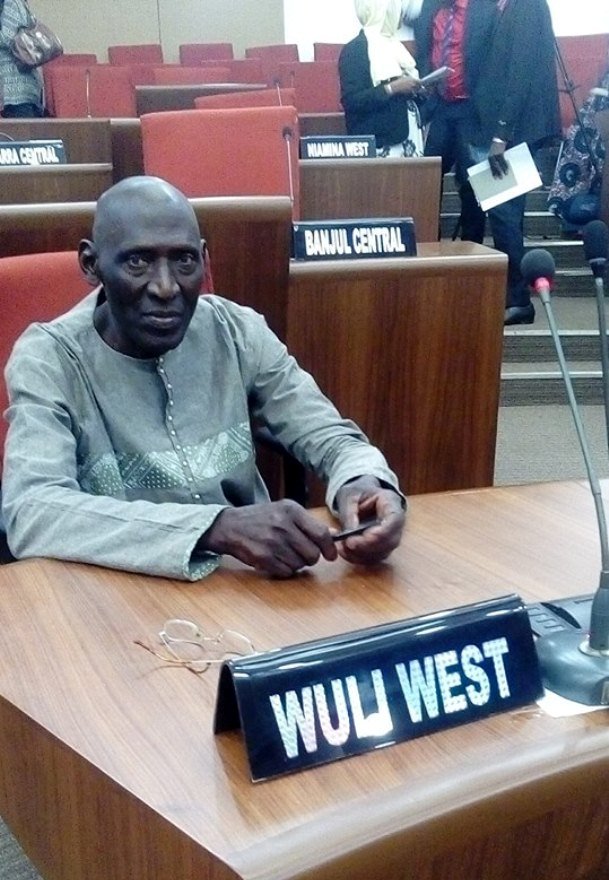By Amie Sanneh
The National Assembly Member for Wuli West, Hon. Sidia Jatta has said that health facilities must be equipped with drugs to enable patients get treatment and be cured. The Wuli West NAM was speaking yesterday while adding his voice to the debate on the report of the National Assembly Select Committee on Health, after their tour of some of the health facilities within the country.
The Wuli West member stressed the need for every health facility to have a management as this is what poses the problem for the health facilities. “You go to the Edward Francis Small Teaching Hospital, rather than giving you drugs, you are given a prescription paper’’, he said. He stated that people do not have the means to buy drugs because they are terribly expensive; that hospitals and health facilities must be equipped with drugs to enable patients get treatment and be cured. “You don’t go there to be given prescription. You go there to be cured and treated. That’s the fact and that is why there are nurses and doctors. All this must stop. People are dying for want of treatment and they have provided money for these institutions to function,” he said. The Wuli West NAM noted that institutions are created to function not to become a burden; that instead they are meant to ease burdens. “Institutions are created to ease burden. They don’t impose burden on people particularly medical facilities. But if you go there, you become sicker, because they tell you ‘we don’t have’,” he said. This he added is what is happening daily in all the health facilities across the country. “If it is happening in Banjul, what do think will happen in Yorobaol? That is why we were saying that the health sector should be well furnished with money. We should put more money into it because it is required,” he stressed.
“Health is fundamental to the life of every nation. If you have a healthy nation, you have a wealthy nation. But equally if you have a sick nation you have a sick country. So health is fundamental and health service in this country leaves very much to be desired,” he said. He stressed the need for the health service in the country to have at least one referral hospital of world standard wherein any disease that cannot be cured can’t be cure anywhere else in the world. “That we must have because there are thousands of patients in this country who have been referred but do not have means to go,” he explained. The Wuli West NAM told his colleagues that there is somebody whose two kidneys were all faulty and the person has been struggling for more than ten years to be able to go for treatment, but does not have the means; that if the person happened to be a Minister or an MP, provisions would have been made for her to go elsewhere and be cured. “So that is why it is fundamental for us to have a referral hospital that can take charge of all these health issues so that everybody will have a right to proper health care in this country,” he noted. He emphasized the need for the country to get referral hospitals, well equipped hospitals in every region, well equipped major health centres in every district and well equipped minor health and primary health care facilities. Hon. Jatta stressed the need for every health facility in this country to have a blood bank noting that people are dying almost every day for want of blood banks in the health facilities, particularly minor ones. “Every health facility, minor, major or hospital, must have a blood bank,” he said.
Commenting on fuel, Hon Jatta said this is not normally available in ambulance vehicles when it is needed for referrals. “They tell you here is the vehicle but there is no fuel. There cannot be a vehicle without fuel. People die. If hospitals cannot solve your problems in terms of drugs, how can health facilities like Yorobaol or Foday Kunda solve these problems?” he questioned.
Hon. Jatta said the work that the committee does in this assembly provides data which helps shape policy in that particular area. This he said is the reason why it is important that the committees operate effectively and regularly, to write that required data which helps to shape policy. Hon. Jatta encouraged his colleagues to study the report laid before them thoroughly and for medical authorities to also know what input is required to help shape policies that has already been implemented.



















